
As global air travel continues to connect people from diverse backgrounds and cultures, airlines are increasingly tailoring their onboard experiences to meet the unique preferences and values of their passengers. Among the most notable trends is the rise of alcohol-free cabins—flights where no alcoholic beverages are served or permitted, regardless of route or class.

This approach is especially prominent among airlines based in Muslim-majority countries, where religious and cultural norms play a significant role in shaping service standards. By offering alcohol-free environments, these carriers ensure that passengers who choose or require a dry travel experience can do so comfortably and confidently, without compromising on comfort or quality.
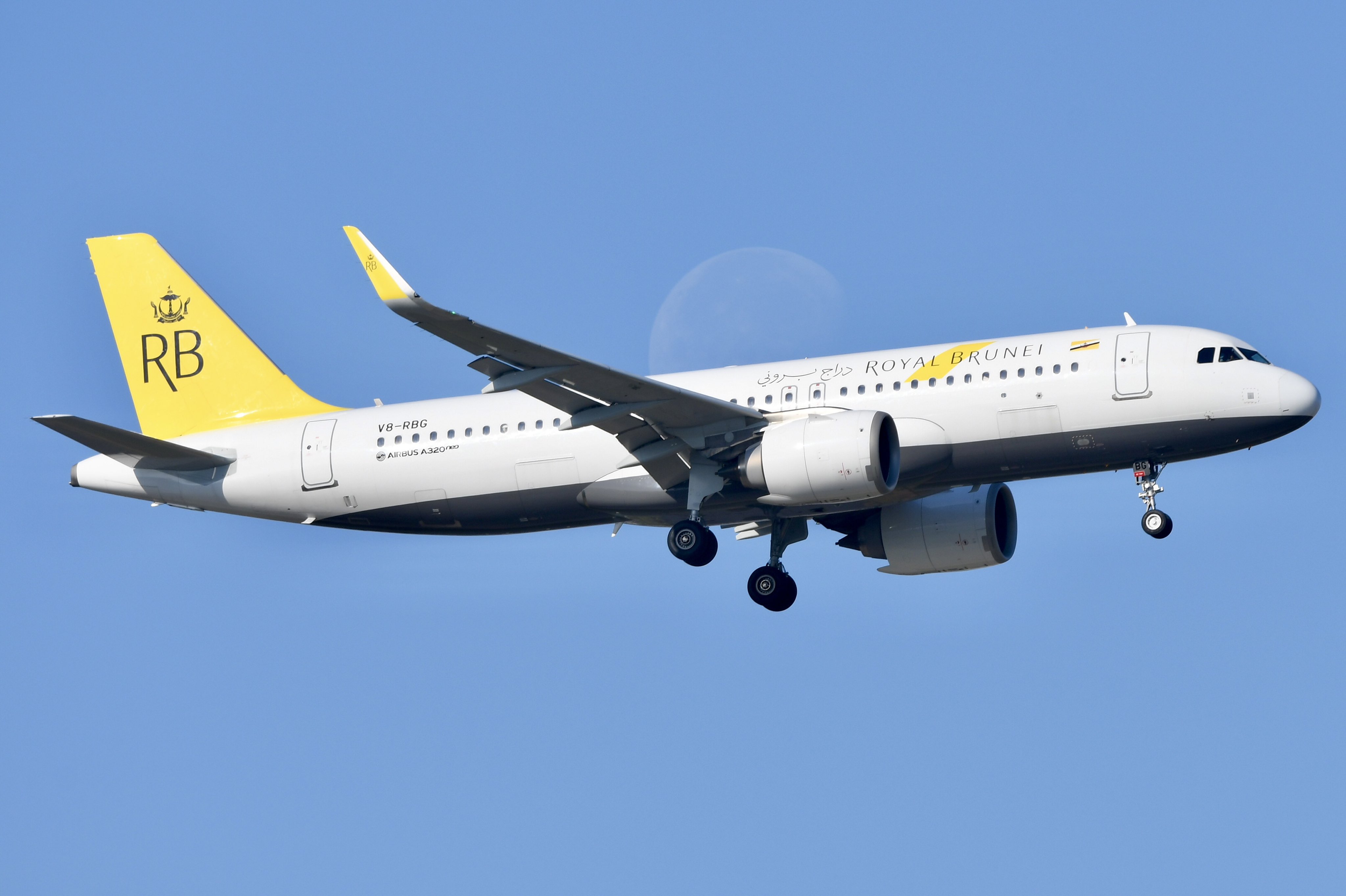
In this guide, we explore the world’s leading airlines with alcohol-free cabins, highlighting their distinctive policies, operational practices, and the broader impact this trend is having on the aviation industry.
1. Saudia (Saudi Arabian Airlines) – Saudi Arabia
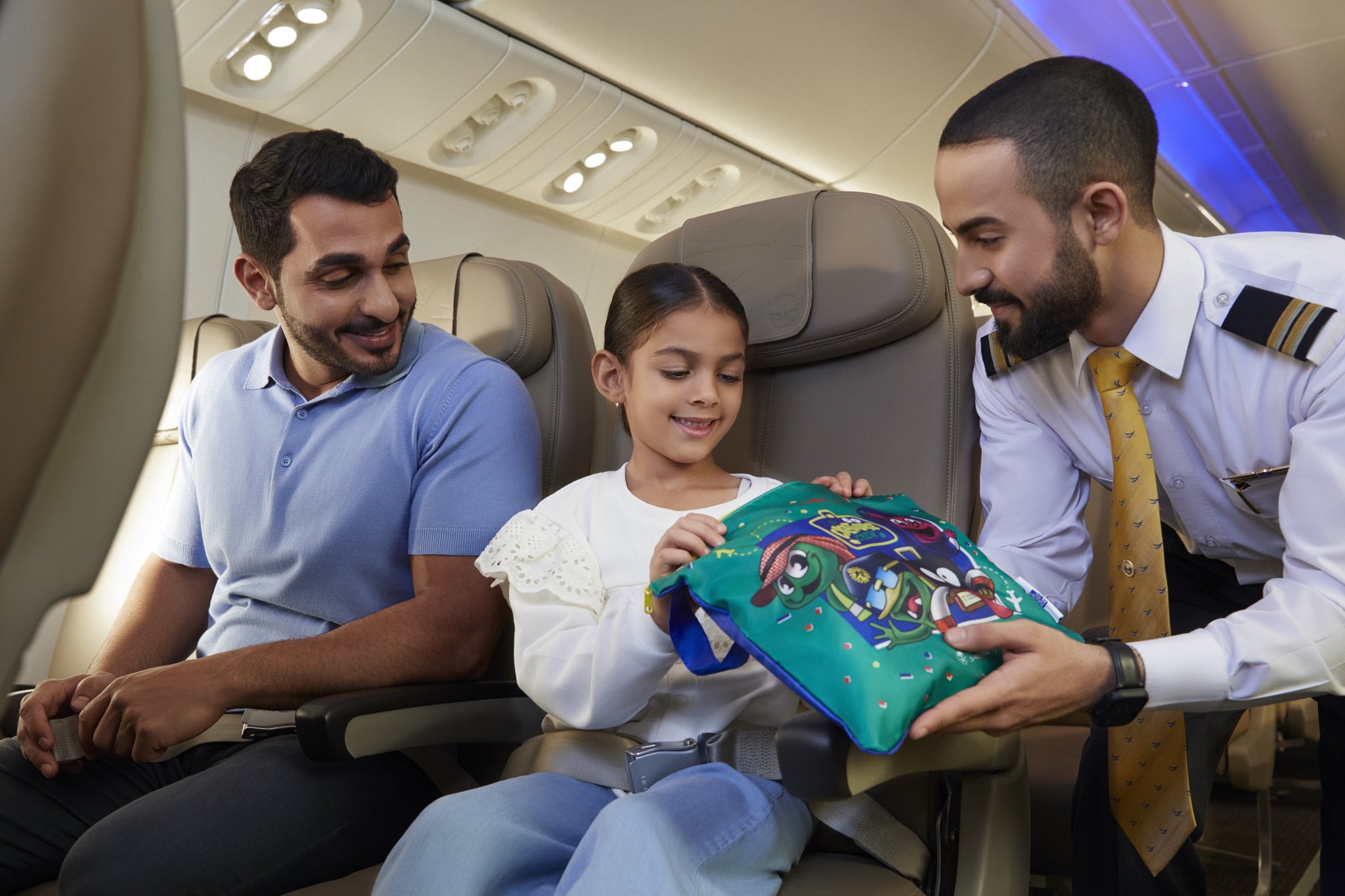
Saudia is the national carrier of Saudi Arabia and operates one of the most stringent alcohol-free policies in the world. Alcohol is neither served nor allowed to be brought or consumed onboard any flight, domestic or international. This strict approach reflects Saudi Arabia’s adherence to Islamic law, which prohibits alcohol consumption.
Saudia’s headquarters in Jeddah serve as a major hub for millions of religious pilgrims traveling to Mecca and Medina each year, ensuring their spiritual needs are met throughout their journey. Passengers are offered a wide range of non-alcoholic beverages, including traditional cardamom-infused coffee and juices, to ensure comfort and satisfaction.
2. Air Arabia – United Arab Emirates (Sharjah)
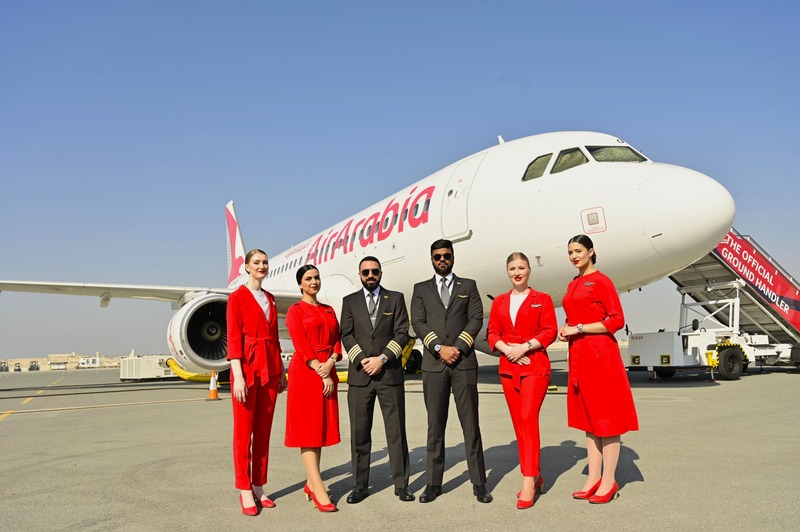
Air Arabia, based in Sharjah, is the Middle East’s first low-cost carrier and maintains a strict alcohol-free policy. Sharjah is known for its conservative social policies, and Air Arabia’s approach aligns with these values. The airline operates an extensive network across the Middle East, North Africa, and South Asia, always maintaining its dry cabin standards regardless of destination. Air Arabia demonstrates that low-cost carriers can successfully integrate cultural considerations without sacrificing operational efficiency or passenger satisfaction.
3. Kuwait Airways – Kuwait
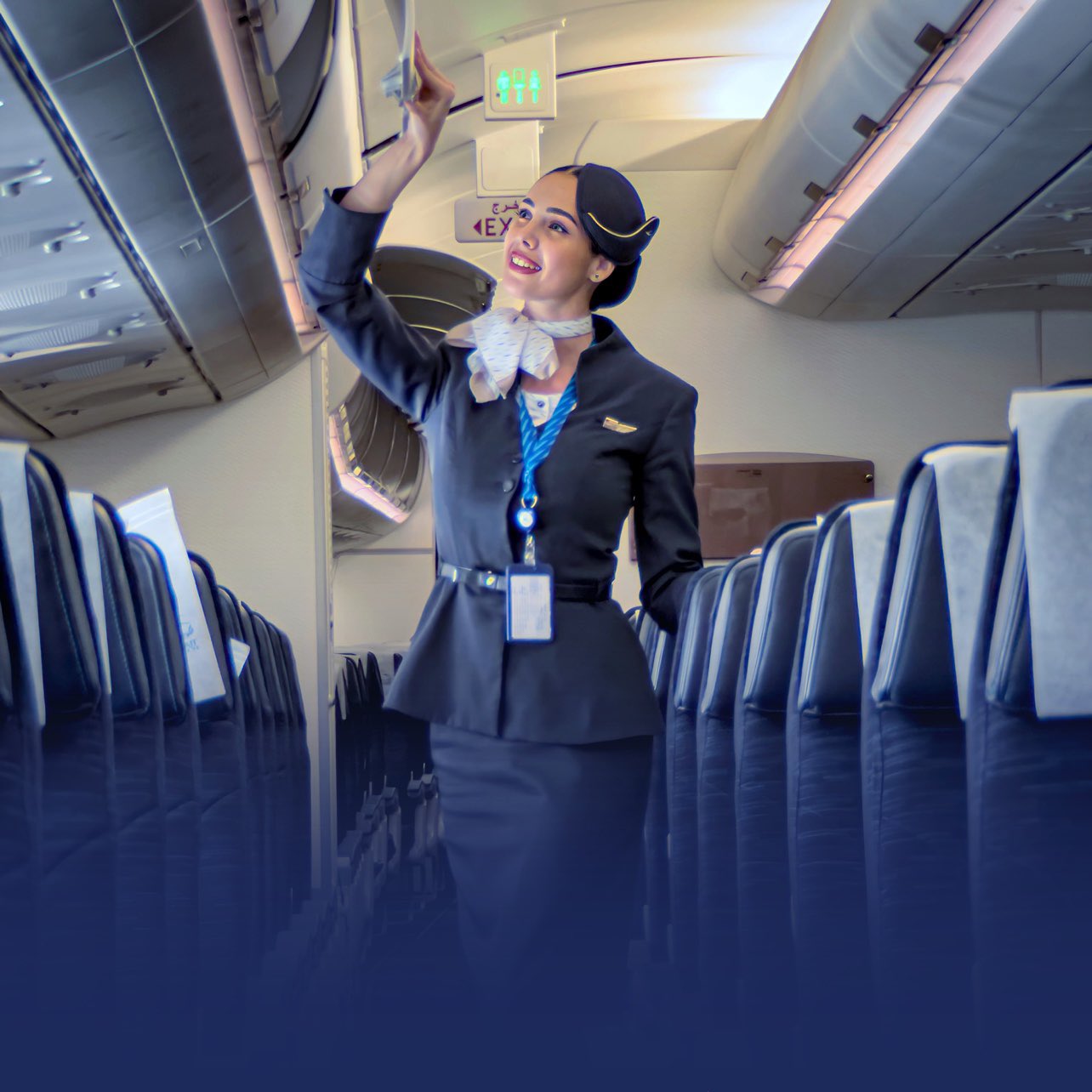
Kuwait Airways enforces a comprehensive alcohol ban that extends beyond onboard service. Passengers are prohibited from carrying or consuming alcohol even during layovers or connecting flights through Kuwait International Airport. This policy ensures a seamless alcohol-free experience for all travelers using Kuwait as a hub. The airline’s approach is rooted in Kuwait’s constitutional incorporation of Islamic law as a primary source of legislation.
4. Jazeera Airways – Kuwait
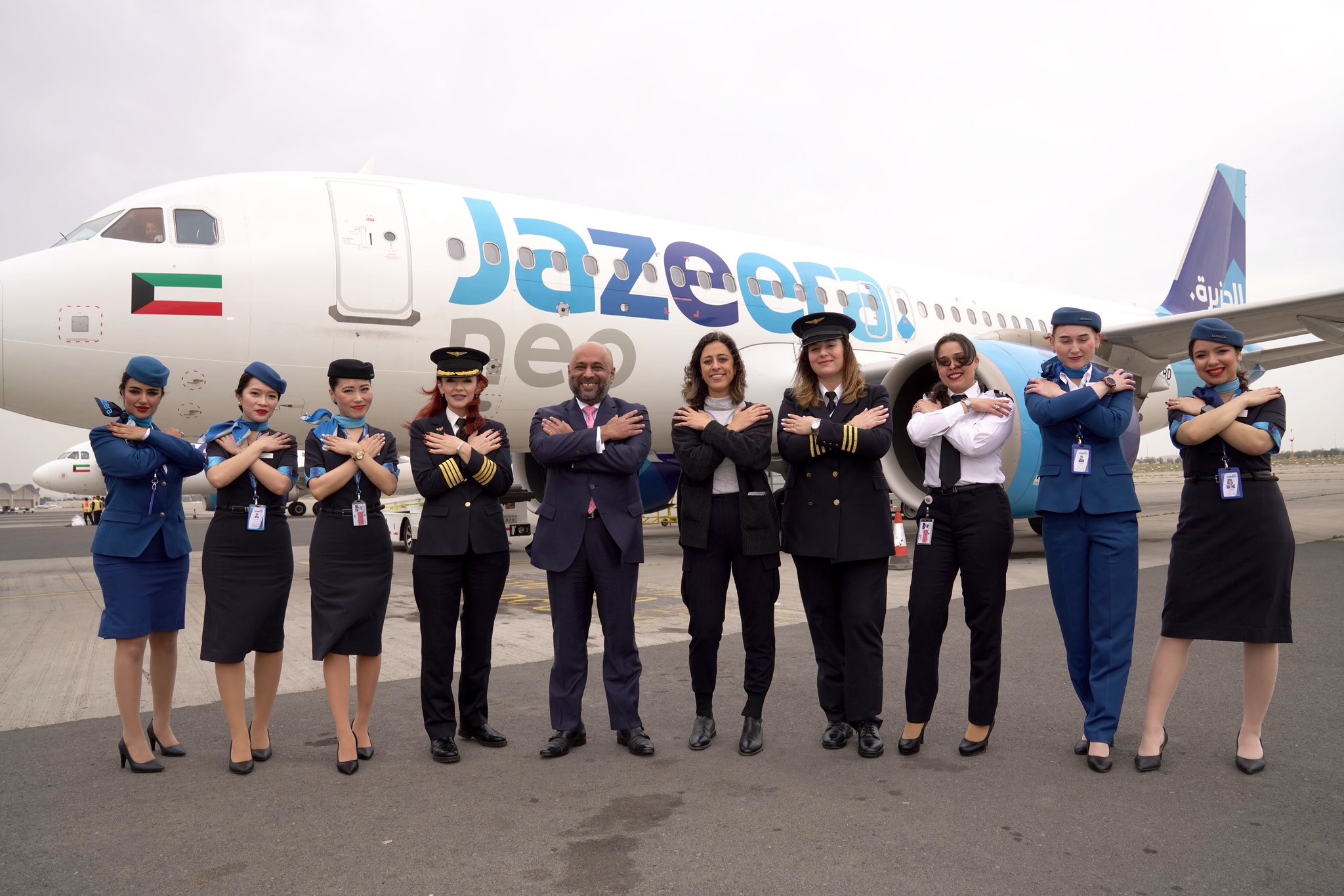
Jazeera Airways, Kuwait’s second major airline and a prominent low-cost carrier, mirrors the alcohol restrictions of Kuwait Airways. Despite its budget model, Jazeera Airways maintains strict policies against alcohol service and generally discourages passengers from bringing alcohol onboard. The airline has built its reputation on affordable travel while respecting the conservative values prevalent throughout the region. Some sources note that while alcohol may be permitted in checked baggage, it is not allowed for consumption during the flight.
5. Pakistan International Airlines (PIA) – Pakistan
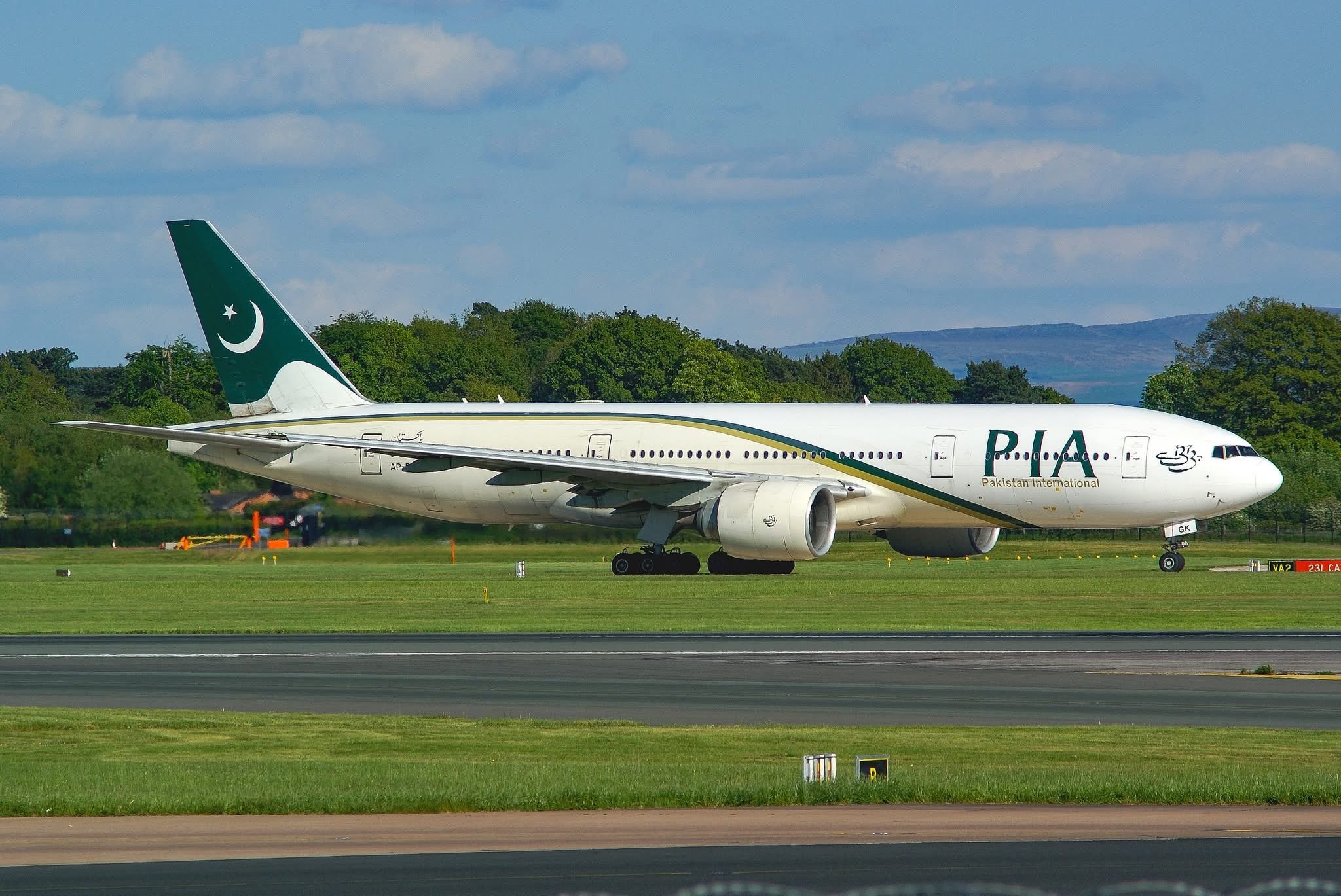
Pakistan’s flag carrier, PIA, has maintained a comprehensive alcohol ban since the 1970s. This policy covers all sources of alcohol, including duty-free purchases and personal supplies. The airline’s approach reflects Pakistan’s status as an Islamic republic and its strict legal and social restrictions on alcohol consumption. PIA’s headquarters in Karachi serve as a central hub for both domestic and international flights, ensuring a consistent alcohol-free environment for all passengers.
6. EgyptAir – Egypt
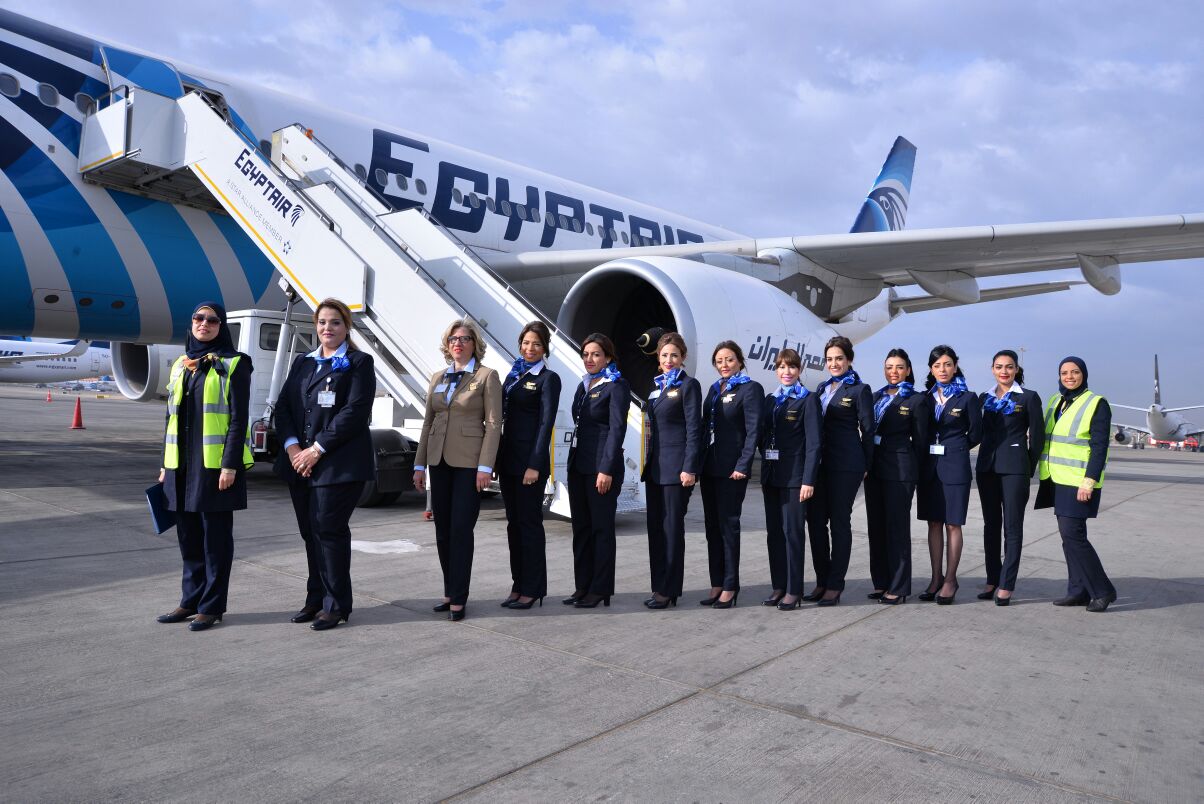
EgyptAir, Egypt’s state-owned carrier, maintains alcohol-free policies across its entire fleet and route network. Despite Egypt’s relatively liberal approach to alcohol regulation compared to some regional neighbors, the national airline chooses to maintain conservative standards to accommodate the religious preferences of its predominantly Muslim passenger base. EgyptAir serves routes throughout Africa, the Middle East, Europe, and beyond, ensuring a dry cabin experience for all travelers.
7. Airblue – Pakistan
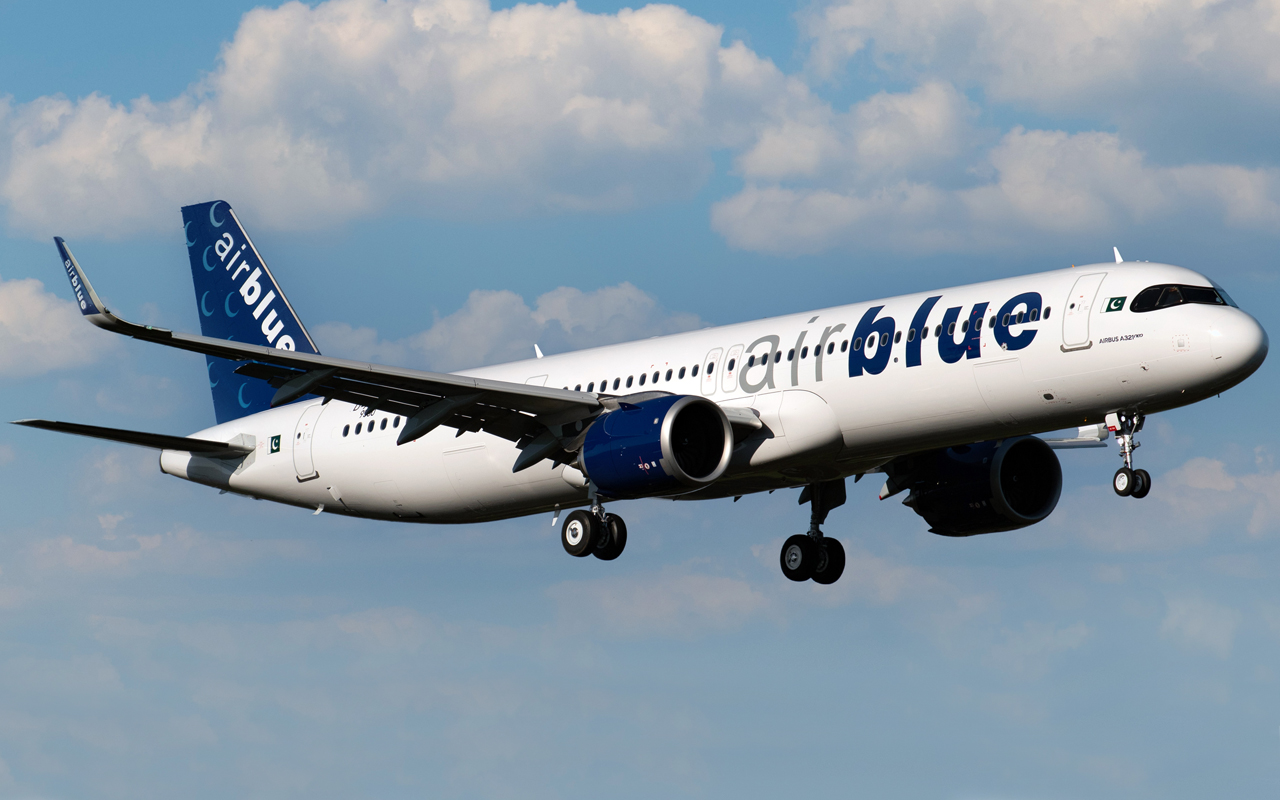
Airblue, Pakistan’s largest private airline, upholds the same strict no-alcohol policies as PIA. The airline’s dry cabin policy applies to all flights, including those to international destinations. Airblue has established itself as a reliable domestic and regional carrier, serving routes throughout Pakistan and extending to the Middle East. Its approach demonstrates that private operators in conservative markets often adopt similar cultural standards as state carriers.
8. Iraqi Airways – Iraq
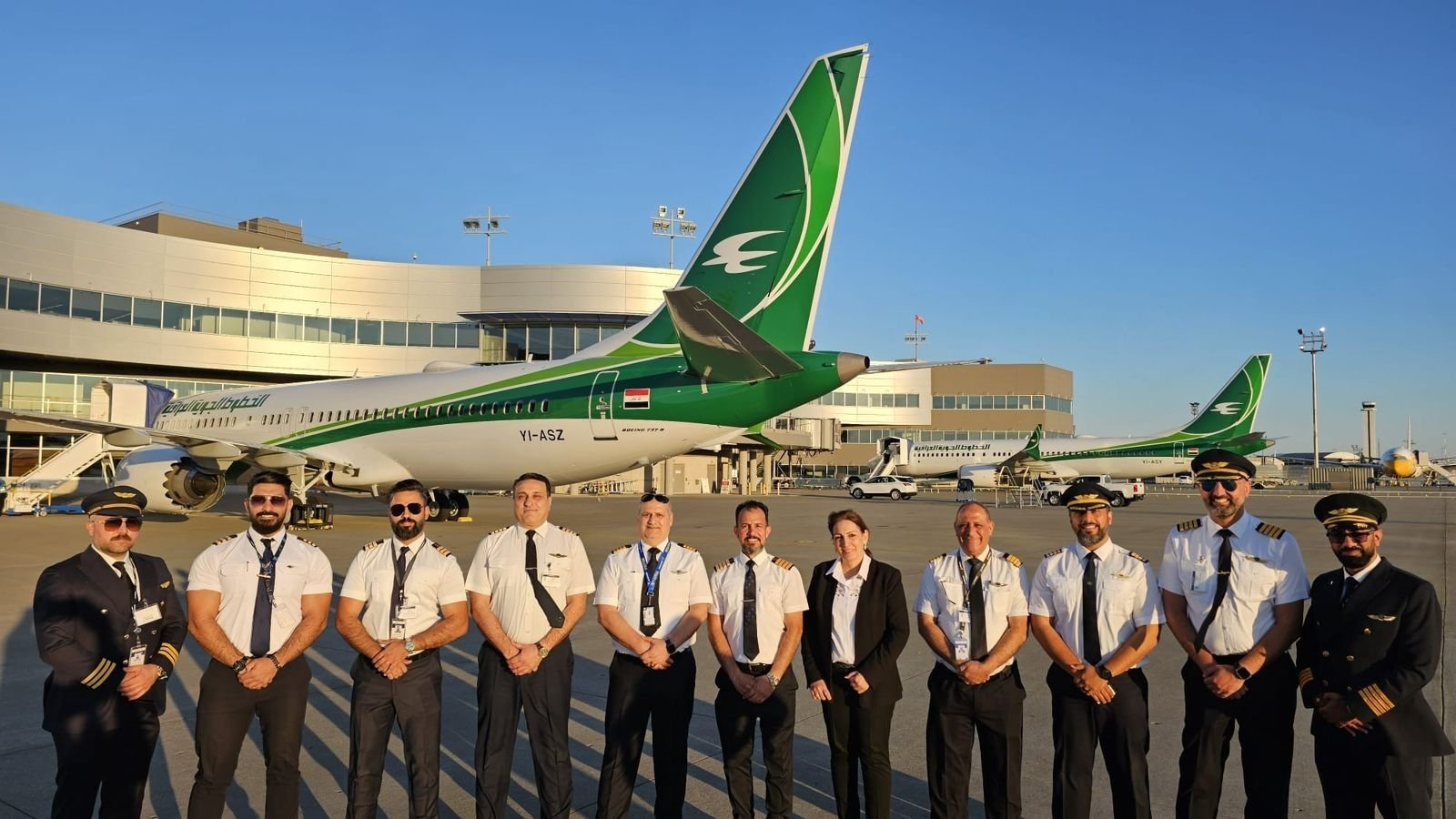
Iraqi Airways, Iraq’s national carrier, is officially dry and does not serve alcohol onboard. While Baghdad Airport has recently introduced duty-free shops selling alcohol, passengers are only allowed to take sealed bottles onboard—not to open or consume them during the flight. The airline’s policy reflects Iraq’s efforts to maintain cultural and religious standards as it rebuilds its aviation sector.
9. Royal Brunei Airlines – Brunei
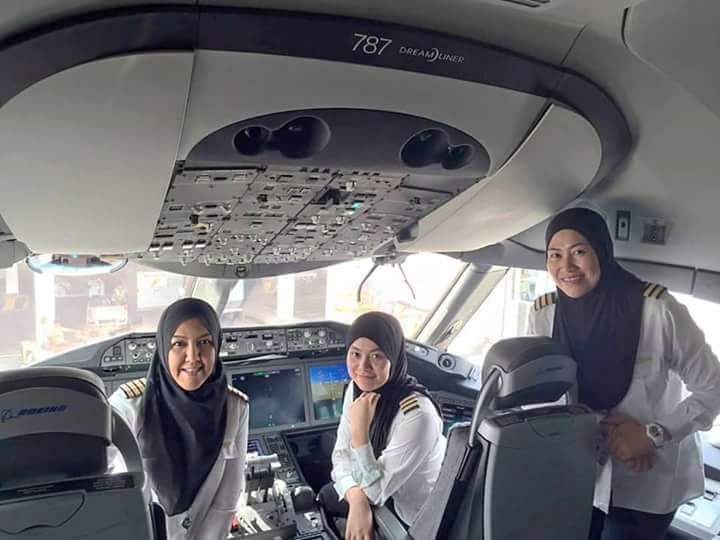
Royal Brunei Airlines, the national carrier of Brunei, does not serve alcohol onboard in line with the country’s strict Islamic governance. Non-Muslim passengers may be permitted to bring their own alcohol, but consumption during the flight is generally not allowed without explicit approval from the cabin crew. The airline’s policy demonstrates a balance between religious principles and international aviation standards.
10. Biman Bangladesh Airlines – Bangladesh
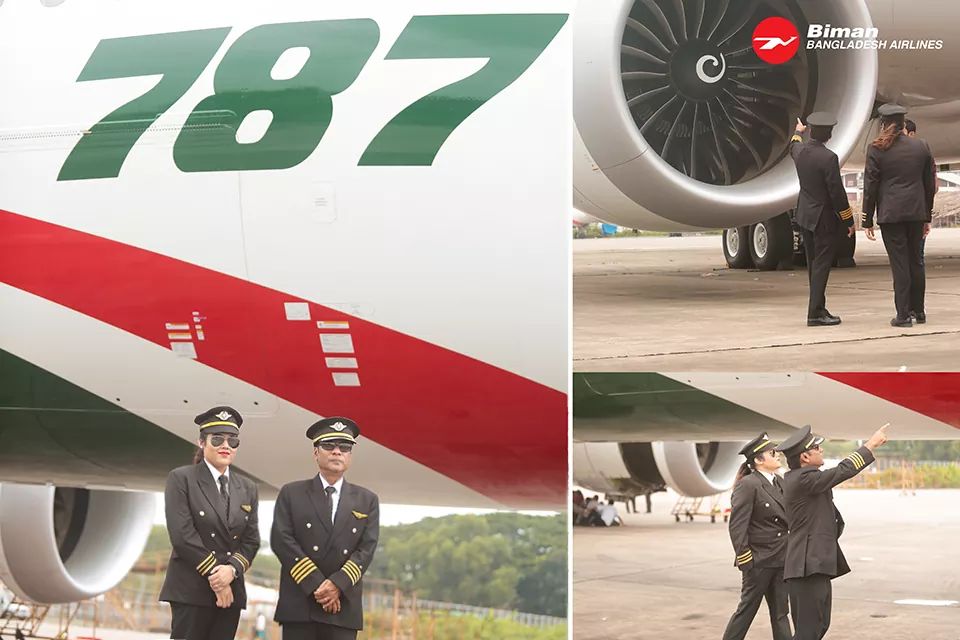
Biman Bangladesh Airlines, Bangladesh’s flag carrier, maintains an alcohol-free environment across its entire route network. The airline’s policy reflects the country’s predominantly Muslim population and cultural preferences, ensuring that Bangladeshi travelers can access international destinations while maintaining familiar standards throughout their journey.
Additional Notable Mentions
- Riyadh Air (Saudi Arabia, launching soon): The upcoming second flag-carrier of Saudi Arabia, Riyadh Air, will also be strictly dry for religious reasons. No alcohol will be served or permitted onboard, even in premium cabins, unless Saudi law changes in the future.
- Ariana Afghan Airlines (Afghanistan): Flies out of Kabul with a strict no-alcohol policy, as alcohol is not available for purchase in Afghanistan and is not permitted onboard.
- Iran Aseman Airlines and Mahan Air (Iran): Both operate with a strict no-alcohol policy, in line with Iran’s traditional culture and legal restrictions.
- Flynas, Flyadeal, and Nesma Airlines (Saudi Arabia): All Saudi-based low-cost carriers also prohibit alcohol onboard, reflecting the country’s legal framework.
Other Insights and Trends
- Non-Alcoholic Beverage Innovation: As the global demand for non-alcoholic beverages grows, airlines with alcohol-free cabins are expanding their offerings to include premium mocktails, zero-percent beers, and specialty coffees and teas.
- Cultural and Religious Sensitivity: These airlines prioritize religious and cultural considerations, ensuring that passengers from conservative backgrounds feel comfortable and respected during their travels.
- Operational Consistency: Despite operating in diverse markets, these carriers maintain consistent alcohol-free policies across all routes and aircraft, demonstrating that such standards do not compromise operational efficiency or passenger satisfaction.
- Impact on Passenger Behavior: Alcohol-free cabins can reduce the risk of disruptive incidents onboard, as overconsumption of alcohol is a contributing factor to unruly passenger behavior.
Summary Table
| Airline | Country | Alcohol Policy Detail |
|---|---|---|
| Saudia | Saudi Arabia | No alcohol served or allowed onboard; strict Islamic law compliance |
| Air Arabia | UAE (Sharjah) | No alcohol served or allowed onboard; low-cost model |
| Kuwait Airways | Kuwait | No alcohol served or allowed, even during layovers/transit |
| Jazeera Airways | Kuwait | No alcohol served; some sources say alcohol may be carried but not consumed onboard |
| Pakistan International | Pakistan | No alcohol served or allowed onboard; comprehensive ban |
| EgyptAir | Egypt | No alcohol served onboard; accommodates Muslim passenger base |
| Airblue | Pakistan | No alcohol served or allowed onboard; private operator |
| Iraqi Airways | Iraq | No alcohol served onboard; duty-free alcohol sealed only |
| Royal Brunei Airlines | Brunei | No alcohol served; non-Muslims may bring own (rarely permitted for consumption) |
| Biman Bangladesh Airlines | Bangladesh | No alcohol served onboard; cultural/religious compliance |
These airlines exemplify how cultural, religious, and legal considerations shape aviation policies, offering millions of travelers a consistent and alcohol-free flying experience, while also embracing innovation in non-alcoholic beverage service.

.jpg)


.jpg)



.jpg)


.jpg)
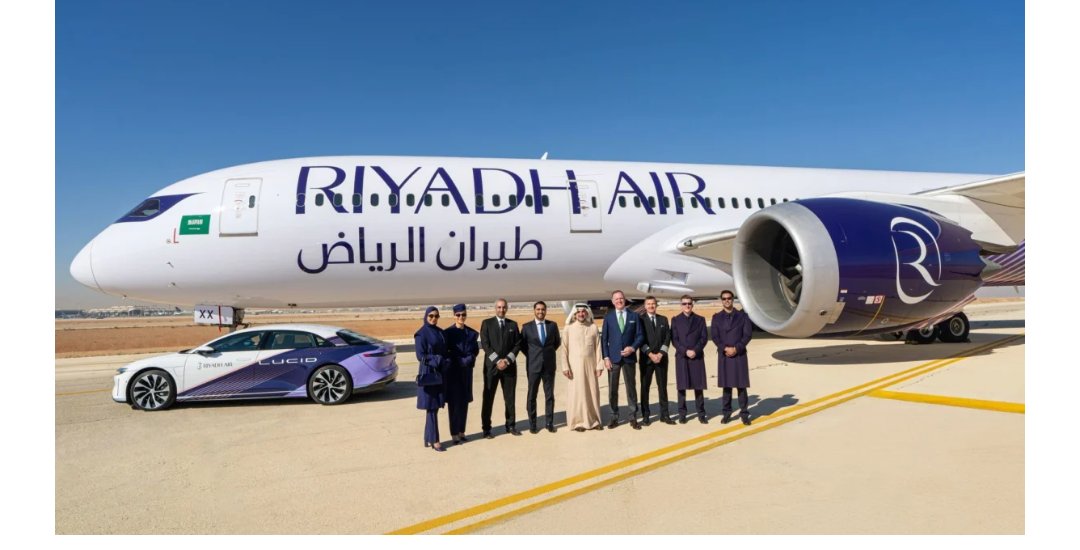
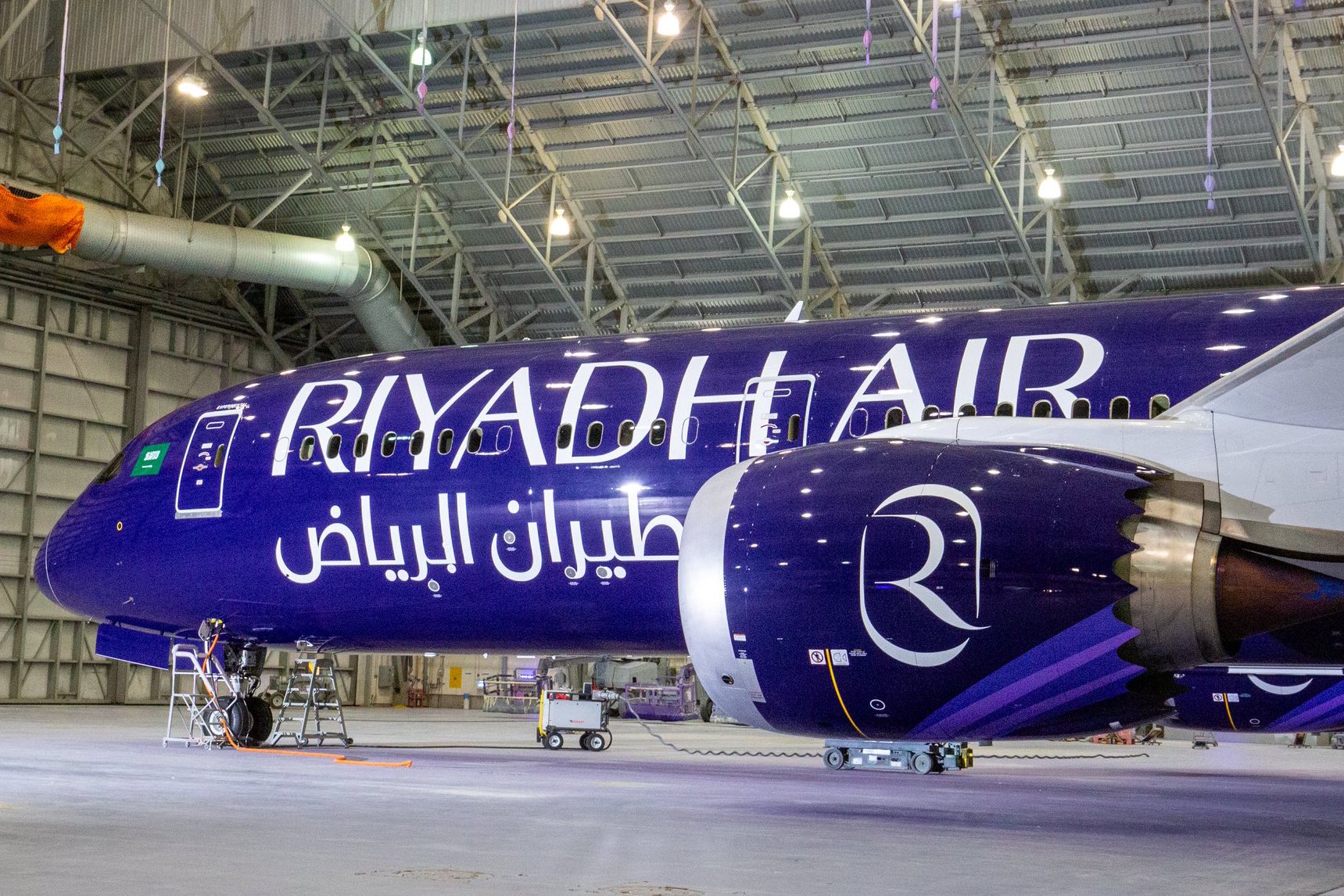


.jpg)


.jpg)
.jpg)


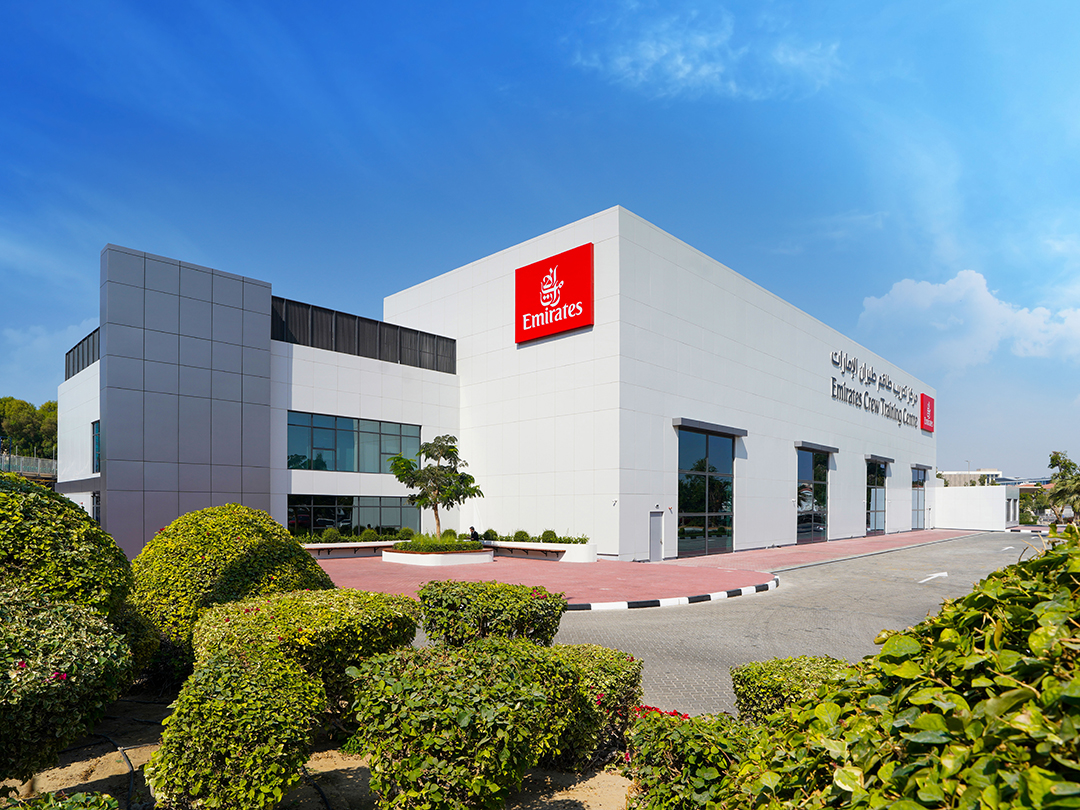

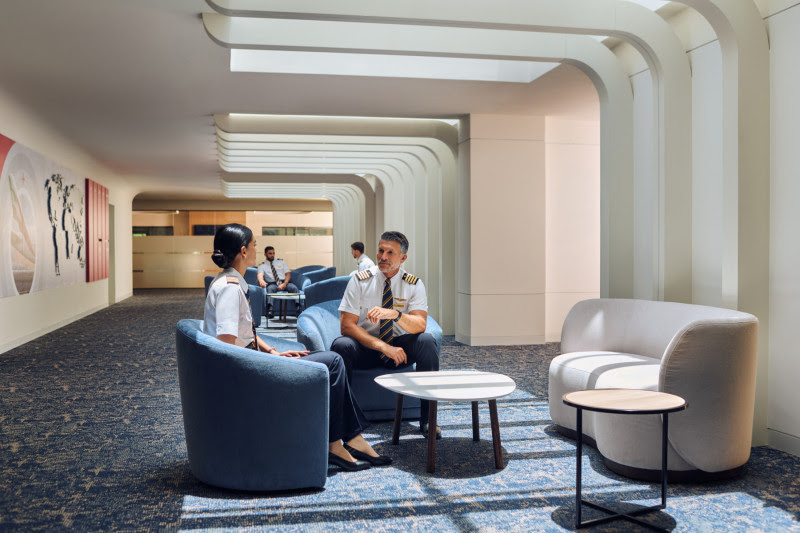
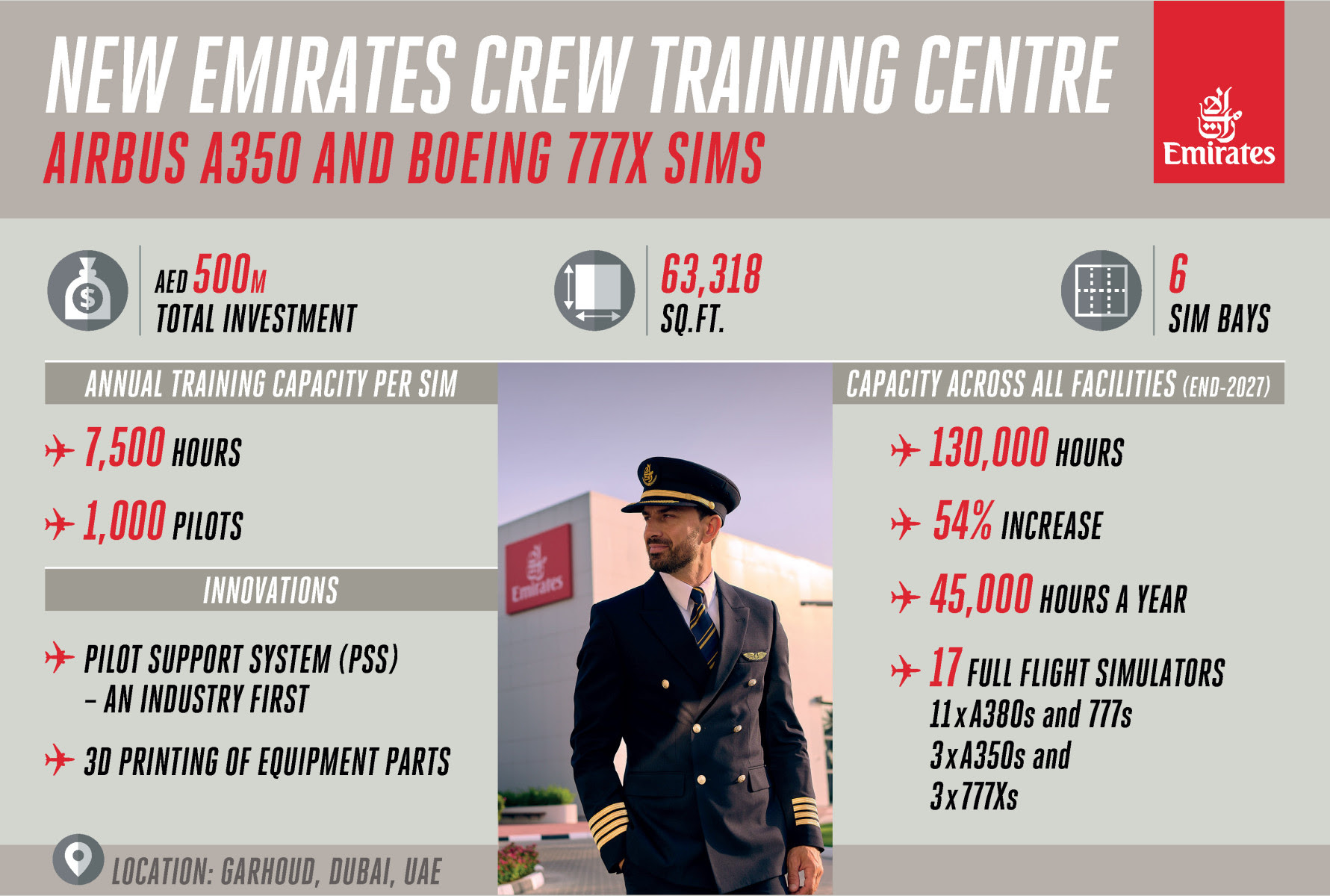
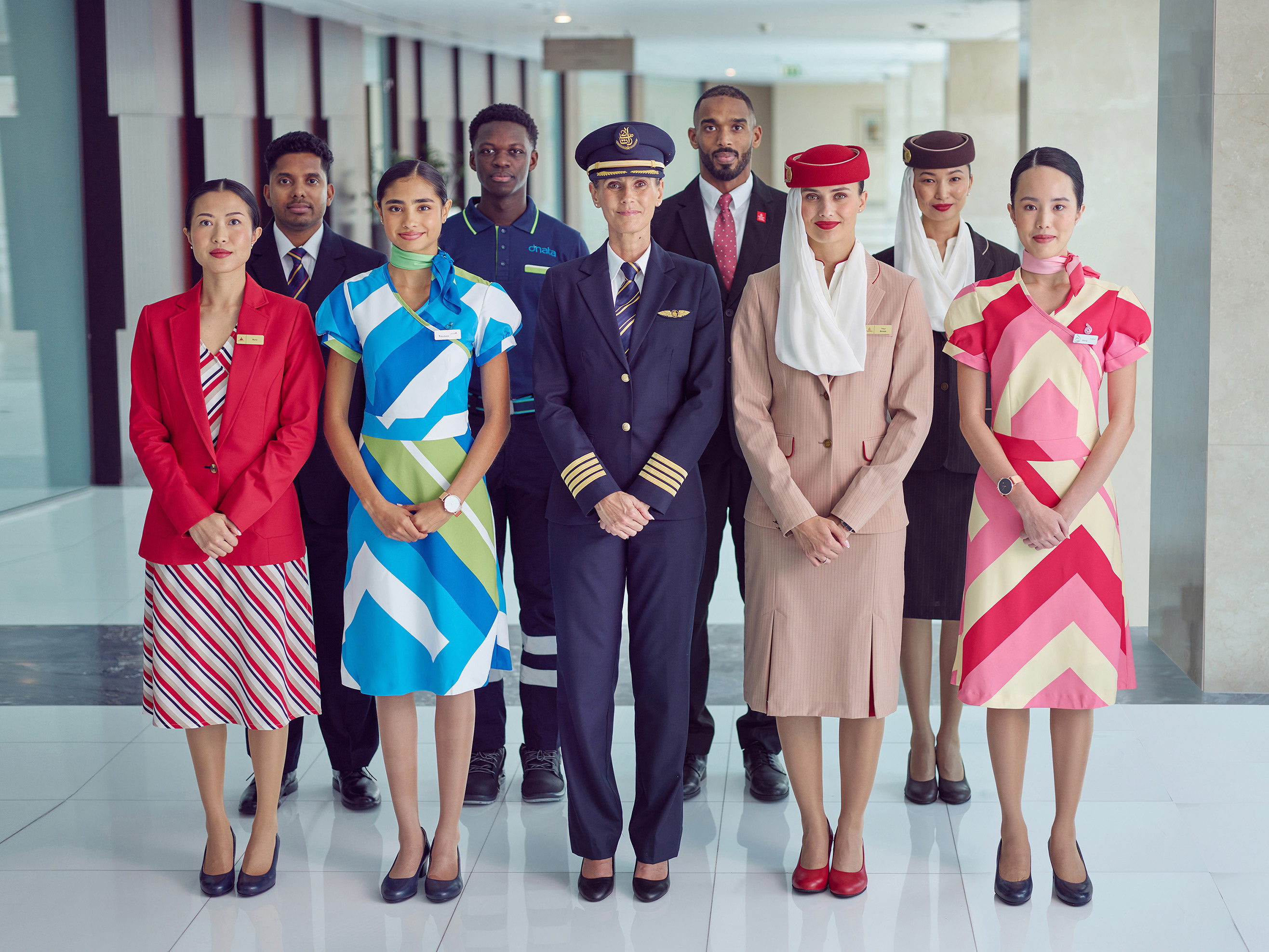
 (1).jpg)








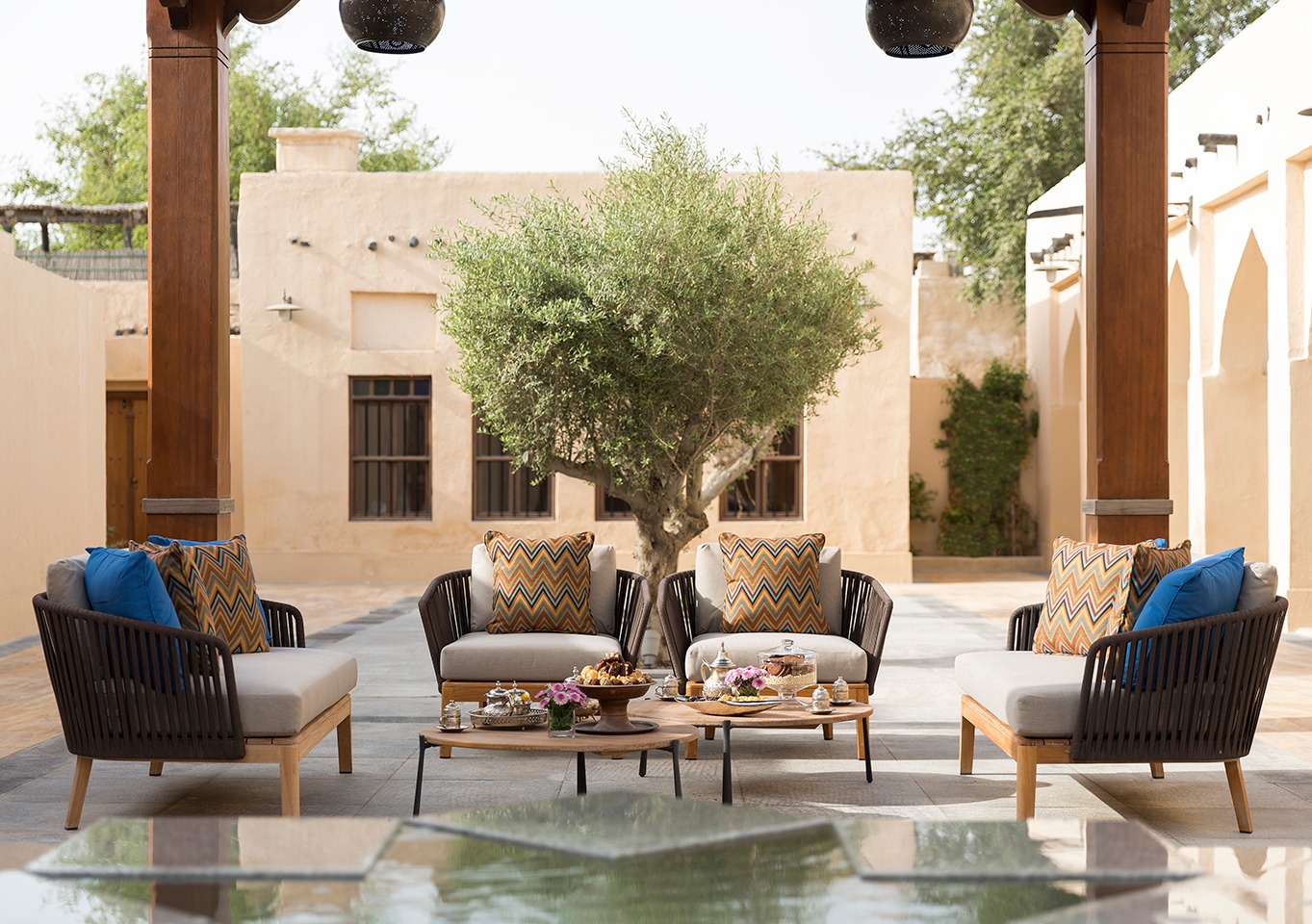

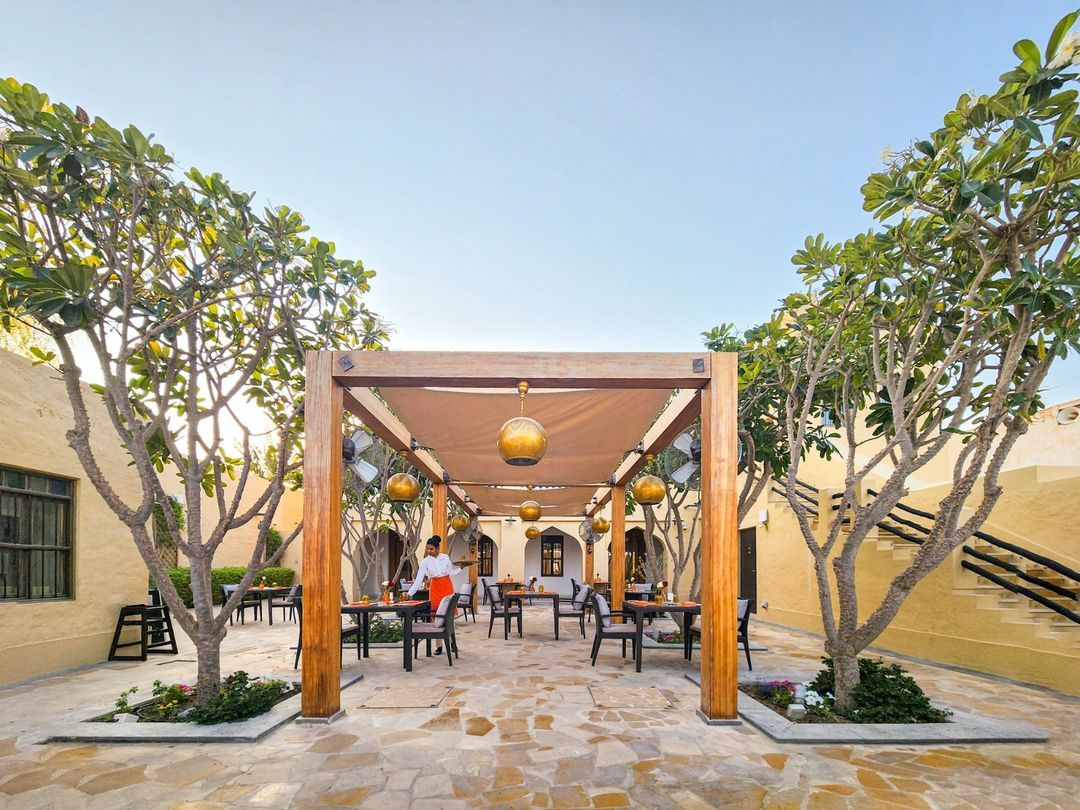

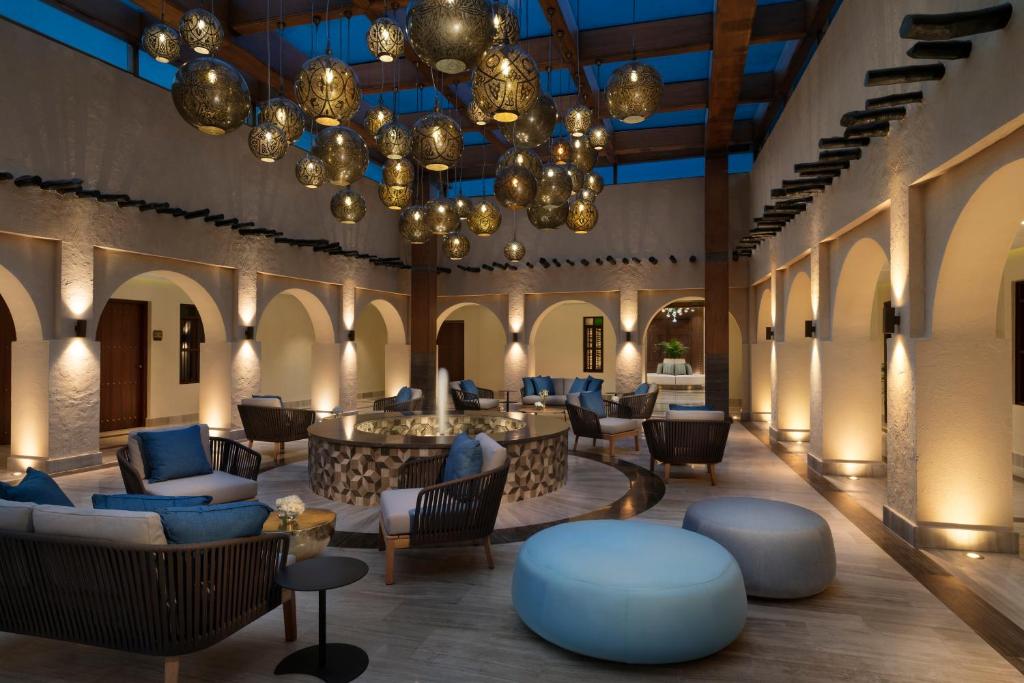
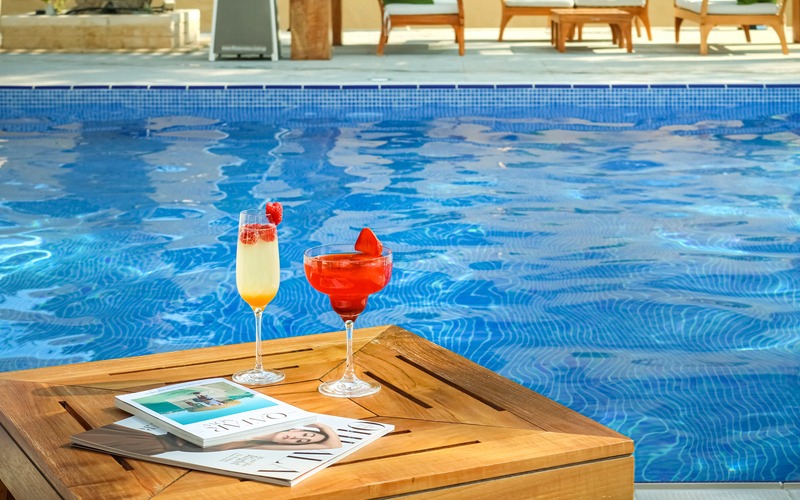




.jpg)
.jpg)

.jpg)

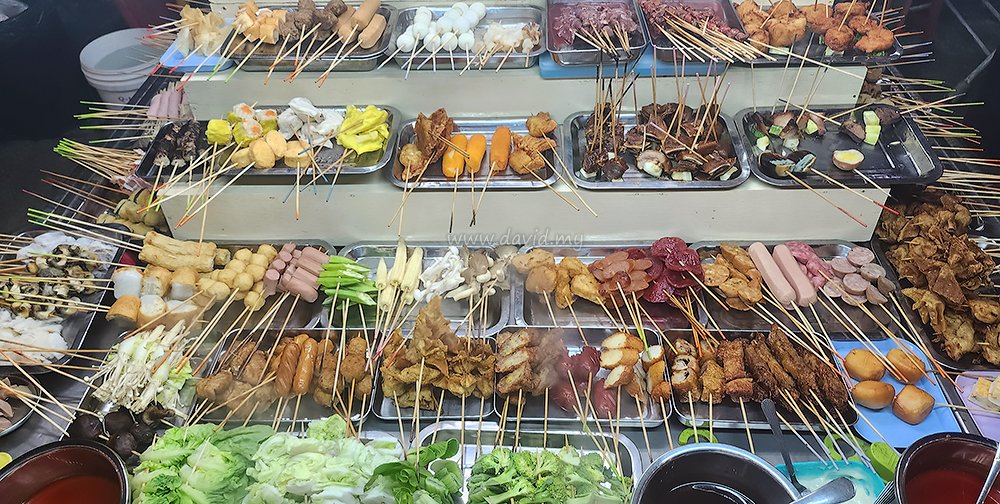

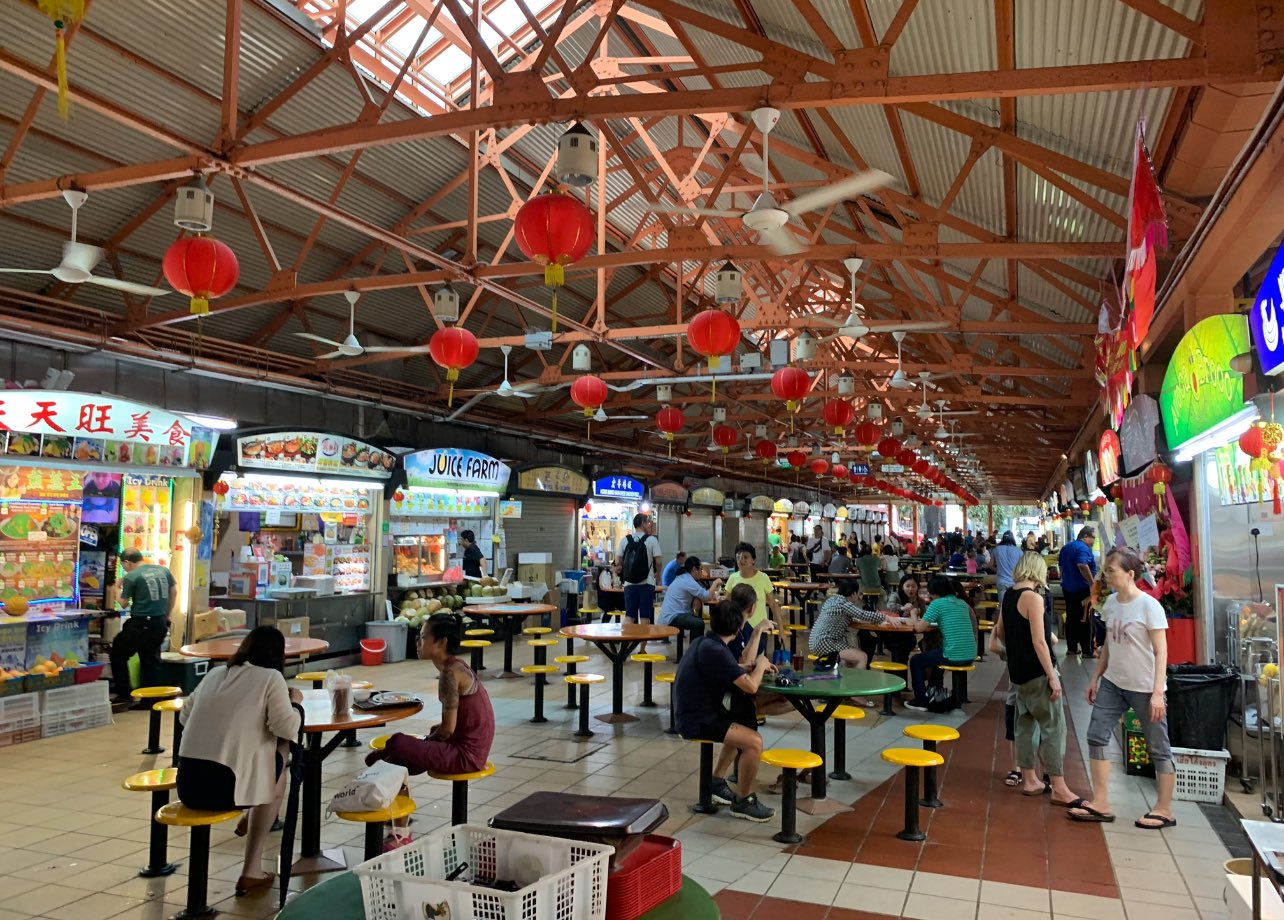
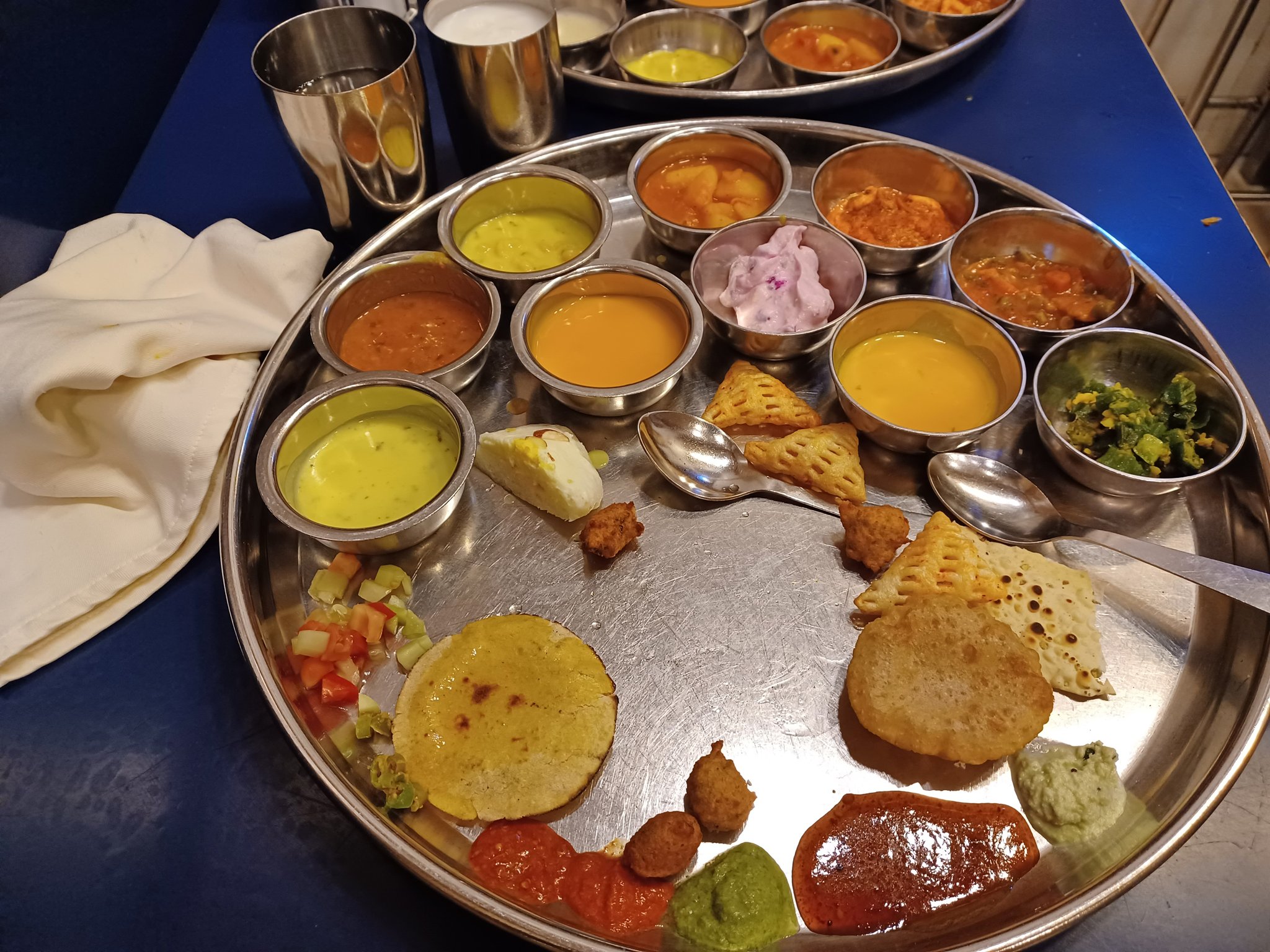

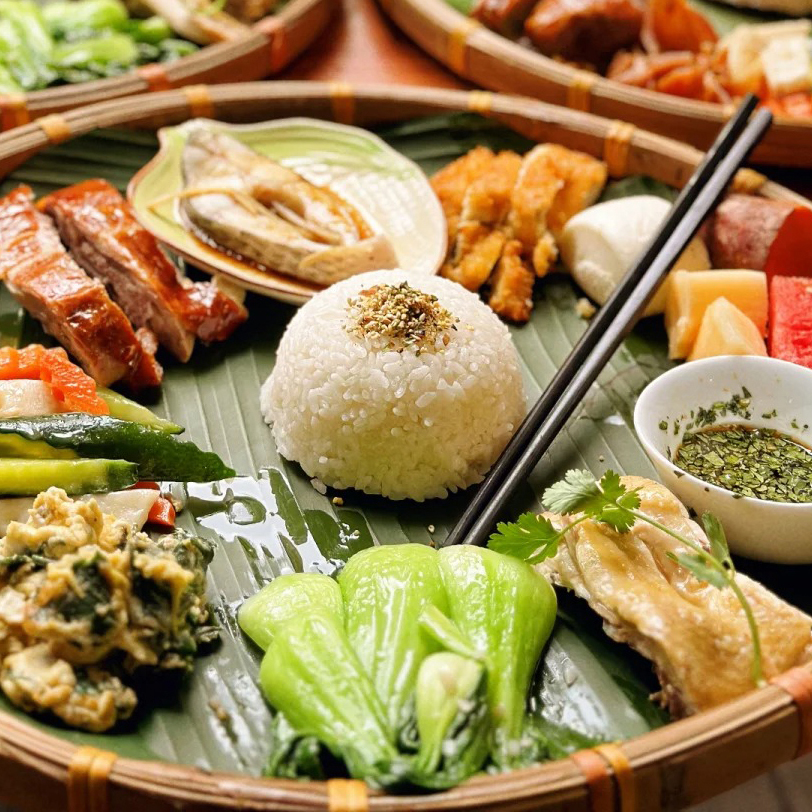

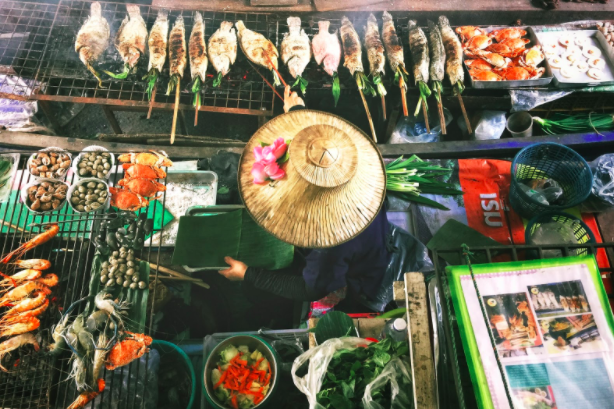
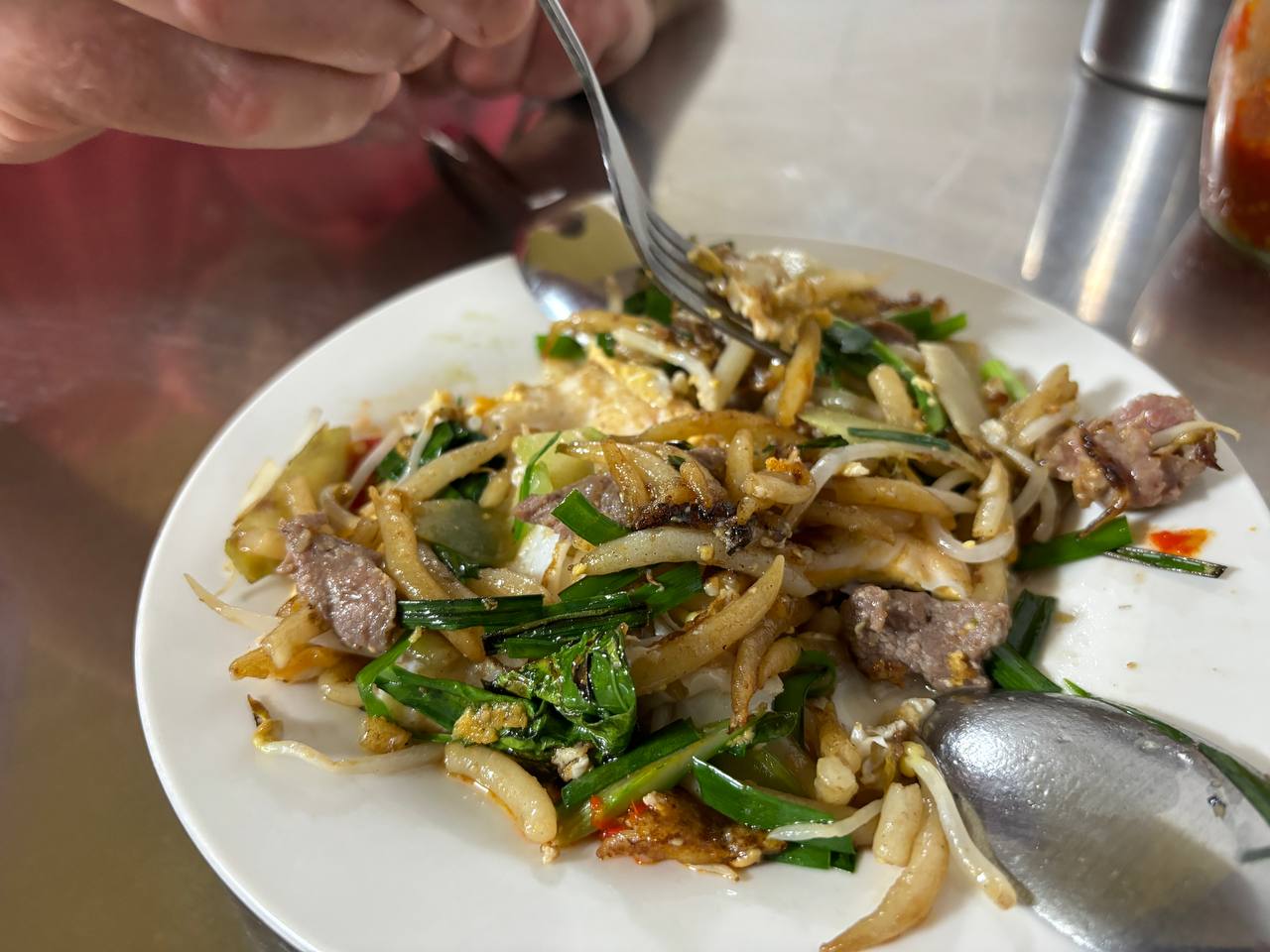
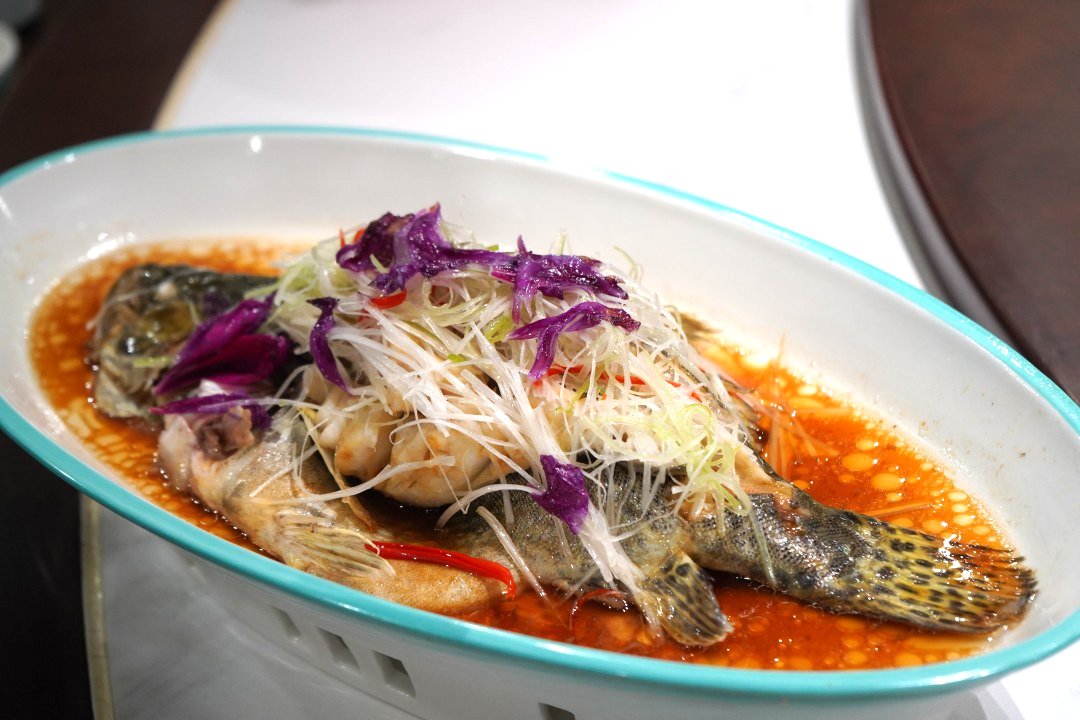





.jpg)









